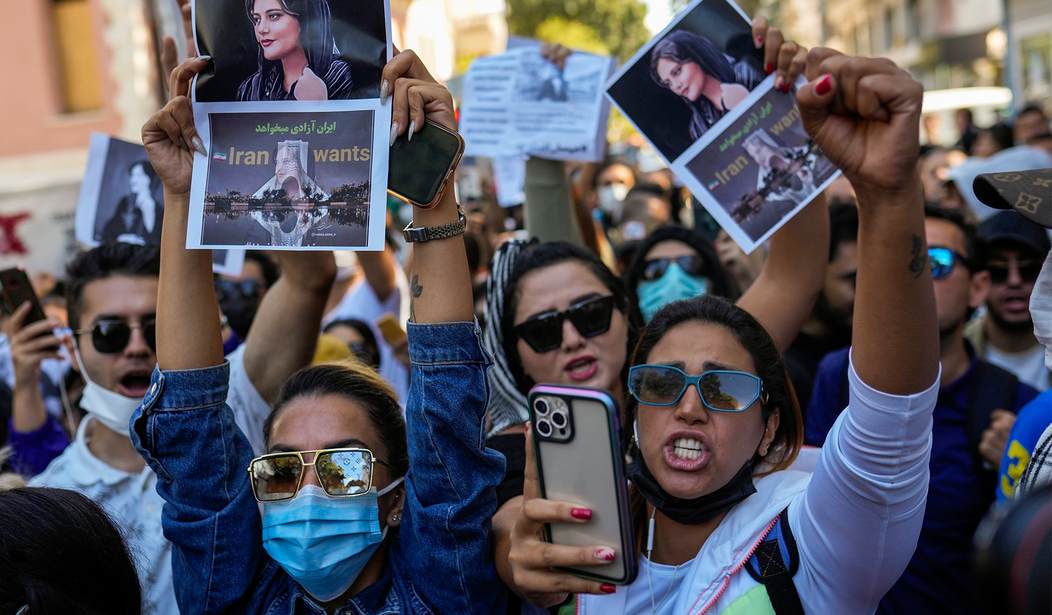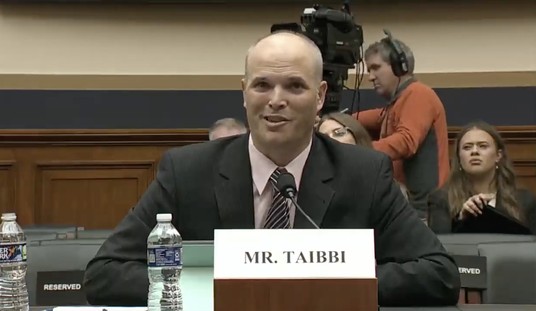In a fitting tribute to Mahsa Amini, the 22-year-old Iranian Kurdish woman killed in September 2022 by the so-called ‘Morality Police’ for not covering her hair properly, the European Parliament has posthumously awarded her the Sakharov Prize for Freedom. President Roberta Metsola announced the award at a special ceremony in Strasbourg on 12 December. The Sakharov Prize, named after the Russian nuclear scientist and dissident Andrei Sakharov, was also awarded to the Women, Life, Freedom Movement in Iran. Mahsa Amini joins a notable list of previous winners of the award, including Nobel peace prize laureates such as Nelson Mandela and Malala Yousafzai.
Amini’s mother, father and brother were refused permission to attend the ceremony in France and had their passports confiscated by the Iranian authorities. However, the family’s lawyer, Saleh Nikbakht, read out a speech by Amini’s mother in which she said her daughter’s name had “become a secret code for freedom and spread the dream of liberty from her birthplace, Kurdistan, all over Iran, the Middle East and the world”. In her address to the full plenary session of the European Parliament President Roberta Metsola said: “Let me say that the courage and resilience of Iranian women in their fight for justice, liberty and human rights will not be stopped. Their voices cannot be silenced and while they are not here today, their presence will be felt.”
The award was collected on behalf of Mahsa Amini and the Women, Life, Freedom Movement, by two female activists, Afsoon Janafi and Mersedeh Shahinkar, who fled into exile following the anti-government protests that erupted after Amini’s death. Najafi’s sister was killed during the street protests and Shahinkar was shot in the eye by the Islamic Revolutionary Guards Corps (IRGC) – the regime’s Gestapo. Shahinkar told a press conference in Strasbourg: “We are standing here on behalf of all the women, and we are tired of the regime of Iran. The Islamic Republic is not representative of the Iranian people. I and the people who protest are the sound and the voices of Iranian people.”
Recommended
Amini’s brutal murder by the morality police for not wearing her hijab properly ignited a nationwide uprising that raged for more than nine months across the whole of Iran. Protests erupted in towns and cities around the world in support of Iranian women who courageously took to the streets chanting ‘Women, Life, Freedom,’ tearing off their veils and many even cutting their hair in a show of defiance. In a vicious crackdown, the IRGC and their militia thugs the Basij, killed more than 750 mostly young protesters. Over 30,000 were arrested. In a wave of hangings, the criminal regime has executed several prisoners of conscience and protesters who took part in the nationwide uprising, as well as prisoners who were underage when they were arrested. Those executed are routinely brutally tortured into making false confessions. Dozens of prisoners on death row are currently being transferred to solitary cells to await execution.
The UN’s special rapporteur on Iran, Javaid Rehman, told the UN Human Rights Council (UNHRC) that he was alarmed by the scale and gravity of the reported cases of murder, imprisonment, enforced disappearance, torture, rape and persecution in the Islamic Republic. He has called for an international fact-finding mission to investigate them. On December 15, 2022, the United Nations General Assembly denounced the brutal and systematic violation of human rights in Iran.
Such was the fear of the theocratic regime at the magnitude of the uprising following Mahsa Amini’s death, the morality police were initially confined to barracks. There were even rumours that they may have been disbanded. But, on the instructions of President Ebrahim Raisi, known as the ‘Butcher of Tehran’ for his notorious role as an executioner, patrols by the morality police, known as Ershad (guidance), have increased exponentially. The Guidance Patrols tour Tehran and other towns and cities on foot or in distinctive white vans with green stripes, arresting any women or girls that they deem to be in violation of the strict Islamic Sharia Law dress codes. The installation of ‘smart’ CCTV security cameras in public places and thoroughfares has added a new ominous dimension to the escalating crackdown.
Banners and billboards appeared across Tehran bearing images of young daughters and their mothers wearing the type of hijab that is accepted by the authorities. They carry the message: “Hijab is the legacy of mothers.” Nevertheless, a growing number of women across Iran have abandoned their mandatory hijabs since the protests, with streets and public places in Tehran and elsewhere increasingly seeing women without headscarves. A number of women have bravely posted images of themselves online without headscarves, with some even doing away with the loose-fitting gowns that the country’s laws also require.
The protests have exposed the deep frustration and rage that has been brewing under the surface in Iran for many years. The theocratic regime has typically responded with violence, suppression, and fiscal policies that have led to economic collapse. Despite these challenges, the Iranian people are demanding change and are determined as never before to continue the fight for the establishment of a free and secular republic in Iran. It is now time for the West to show their open support for ordinary Iranians and to demand that the regime’s criminal elite, like Supreme Leader Ali Khamenei and President Ebrahim Raisi, be held to account for their crimes against humanity and human rights abuse.

























Join the conversation as a VIP Member